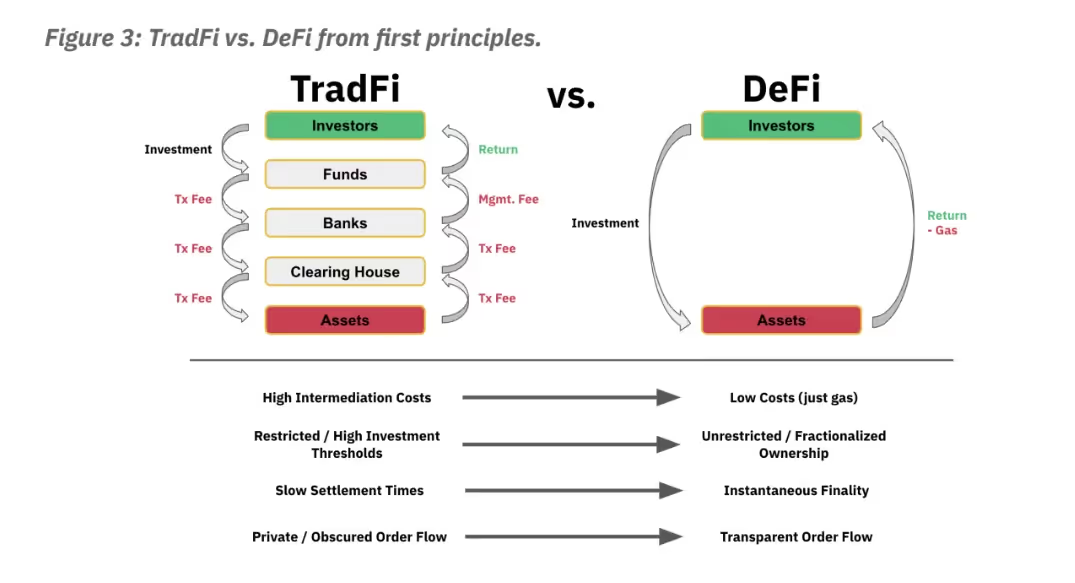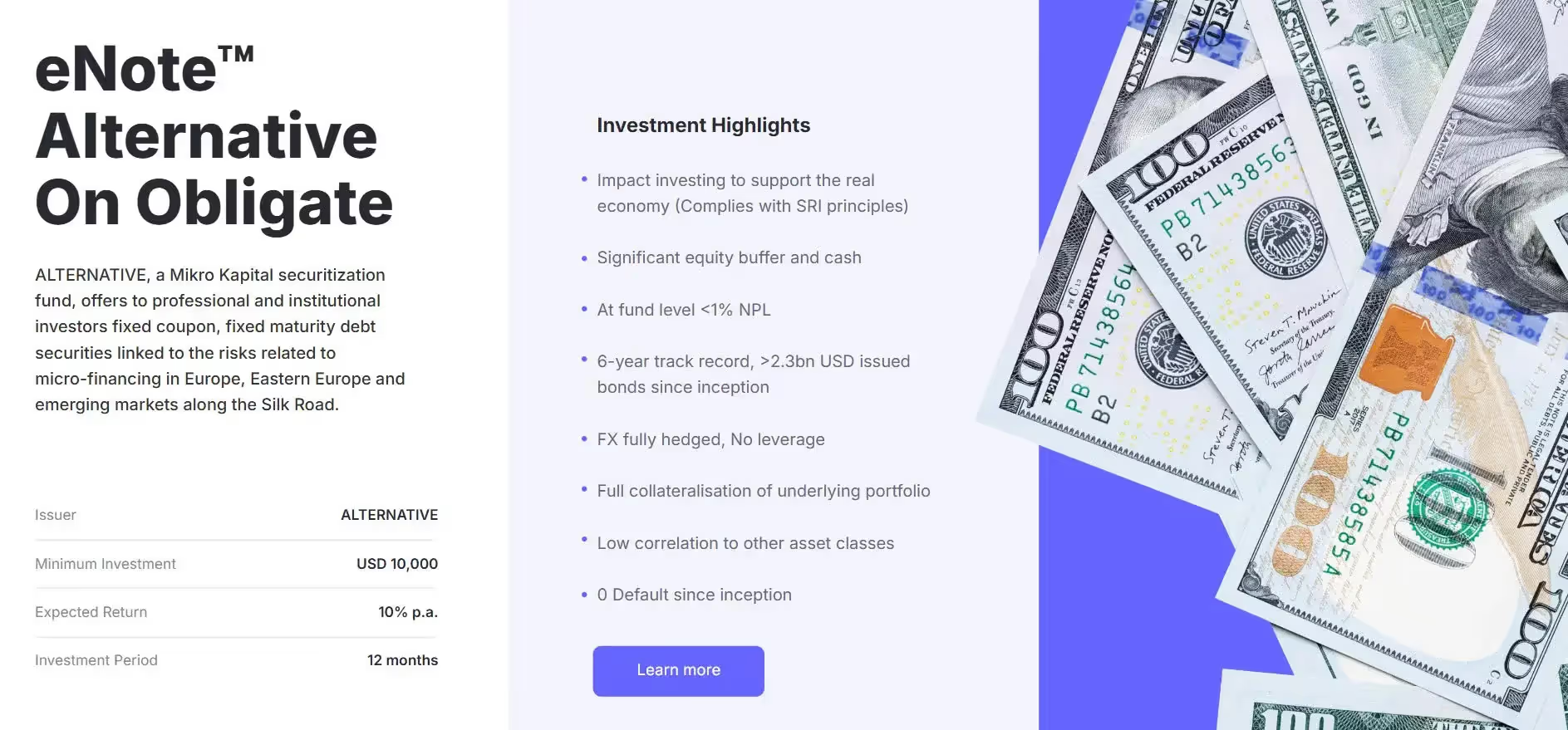The Rapid Evolution of Real-World Asset Tokenization
Tokenization of real-world assets (RWA) is advancing at an unprecedented pace, delivering benefits that extend far beyond the traditional fundraising narrative—a perspective that has often constrained the early adopters of this technology. As pioneers in the RWA industry across Asia, we have systematically refined our product and service offerings to address what we identify as the five core areas of value, where we foresee a paradigm shift reshaping the industry's future.
The TLDR, the five value propositions of tokenization:

A Timeline of Industry Innovation
2018: The Digital Foundation
The RWA tokenization journey began with a focus on transitioning from paper-based processes to digital solutions. Blockchain's inherent features—transparency, immutability, and cost-efficiency—formed the bedrock of this transformation.
2019: Introducing Programmable Smart Contracts
Building on the foundation, we developed new investment products, such as Onchain Tokenized Portfolios (OTPs). These innovations leveraged programmable smart contracts to merge blockchain technology with real-world assets, creating lower-cost, tradable, and versatile investment instruments.
2021: Launching the First RWA DEX
The industry took a significant leap forward with the launch of the world’s first RWA decentralized exchange (DEX) on IX Swap. Modeled after successful DeFi platforms like Uniswap, this groundbreaking innovation introduced legal and compliant liquidity pools for RWA equity tokens, enabling asset holders to unlock liquidity with ease.
2023/24: Bridging TradFi and DeFi
As the industry matured, we entered a new phase of integration, providing backend infrastructure for cryptocurrency exchanges and DeFi wallets. These partnerships empower millions of users to seamlessly buy, sell, and trade RWA tokens—spanning real estate, treasuries, startups, and more—on platforms that lacked the necessary licensing capabilities.
2024 and Beyond: Expanding Use Cases
Today, we are pushing boundaries by launching the first lending, borrowing, and staking mechanisms for RWA tokens. This innovation not only unlocks liquidity but also introduces entirely new use cases, elevating the utility of tokenized assets within the global financial ecosystem.
Despite being a young industry, RWA tokenization is on a growth trajectory similar to where cryptocurrency was in 2014. As of 2024, the industry is growing exponentially, with over $12 billion in RWAs now tokenized on-chain. This growth is fueled by both traditional finance (TradFi) and decentralized finance (DeFi) sectors, backed by a wave of regulatory support and interest from major financial players.

Regulators globally, particularly in Asia (Singapore, Hong Kong, Korea, Japan, Indonesia, Thailand and more) are embracing real world asset tokenization. Major financial institutions like BlackRock and others are also moving forward:
- Paypal launched their stablecoin in 2023 and now moving into multi-chain
- Visa launches platform to help banks issue stablecoins
- Paxos, a stablecoin pioneer, launching yield-bearing RWA tokens
- Goldman Sachs plans to launch 3 tokenized projects in Q4
Additionally, RWA tokens launched on InvestaX alone already cover a broad range of assets, including VC funds, private credit, real estate funds, and more.
.avif)
Five Value Propositions of Tokenization Beyond Fundraising
The RWA industry often misunderstands its value, thinking it’s only about attracting new funds. However, issuers play a key role in driving their own fundraising success. Tokenization offers much more than just fundraising—it unlocks broader opportunities, especially as TradFi converges with DeFi.
Catch all the insights from Julian Kwan at the STO Summit 2024 - Tokenization Beyond Fundraising!
1. Digital vs. Paper: Transparency, Immutability, and Cost Savings
One of the most immediate advantages of tokenizing assets is the transition from paper-based processes to digital solutions. Digital tokens bring transparency and immutability—each transaction is recorded on a blockchain and can't be altered. This builds a high level of trust in the investment process.
Key Advantages:
- Cost Reduction: Eliminates expenses tied to physical documentation, storage, and transfer fees.
- Enhanced Security: Immutable blockchain records bolster trust and simplify ownership verification.
- Increased Efficiency: Accelerates transactions and reduces administrative overhead.

Example: Traditional real estate investments involve cumbersome paperwork and high fees. Tokenized real estate digitizes ownership, enabling instant transfers and real-time transparency for all parties involved.
2. Liquidity Through DeFi Integration and Automated Market Makers (AMMs)
RWAs have historically faced liquidity challenges, especially in private equity and real estate markets. Tokenization addresses this by connecting assets to decentralized finance (DeFi) ecosystems through liquidity pools and AMMs.
Game-Changing Insights:
- Frictionless Transactions: Investors can trade without requiring a counterparty.
- Accelerated Secondary Markets: Tokenized portfolios enable liquidity events almost immediately after fundraising.
Case Study: Our sister platform IX Swap has pioneered liquidity pools for tokenized assets, including startup shares. Traditionally, founders and early investors wait years for an exit event, but with tokenized liquidity pools, they can access partial liquidity earlier. Another example, CKGP the worlds leading RWA token by ROI in 2024, essentially it is a tokenized investment company we coined the Onchain Tokenized Portfolios (OTPs which enabled secondary trading for investors just one week after primary fundraising closed. It is important to note that typically investors need to wait 12-17 years to get an exit from a VC fund investment structure, so this clearly changes everything.


3. Staking, Lending, and Borrowing: Unlocking Asset Potential
Tokenized assets can be leveraged as collateral in lending and borrowing protocols, enabling new financial flexibility for traditionally illiquid assets such as art, real estate, and startup equity.
Transformative Opportunities:
- Collateral Flexibility: Tokenized assets unlock liquidity without requiring liquidation.
- Enhanced Returns: Staking protocols generate additional yield for investors.
4. Innovative Investment Structures: Pioneering New Models
Tokenization is revolutionizing traditional investment frameworks with concepts like VC 2.0, Real Estate 2.0, and Digital Employee Stock Ownership Plans (DESOPs). These innovations provide more dynamic, equitable, and accessible opportunities.
Highlights:
- Fractional Ownership: Democratizes high-value assets by enabling minimum investments as low as $10,000.
- Immediate Value Realization: DESOPs let employees monetize stock options without waiting for exit events.
Case Study: Traditional ESOPs are typically a binany value event. Company sells get paid, company doesn’t sell, employees continue to wait. So we created the DESOP, a digital/tokenized ESOP, which allows employees to realize value from their ESOP immediately, because they can trade them, making ownership more motivating and accessible.

In addition to that, the ability to easily fractionalize and disperse RWAs make them accessible to a new set of investors. For example, private credit investments, once reserved for institutional investors, can now be tokenized into smaller, affordable portions—e.g., a minimum investment of just $100—opening the door to a broader range of investors.
In fact, private credit has become the largest segment within the tokenized RWA market, now representing approximately 75% of all RWA tokenized on-chain.

For investors seeking attractive returns, private credit deals on InvestaX offer yields ranging from 8% to 12% per year. You can explore these opportunities further here.

5. New Global Distribution Channels: Breaking Down Barriers
Tokenization eliminates geographical and economic barriers, allowing investors worldwide to access RWAs. By partnering with regulated platforms, token issuers, cryptocurrency exchanges and DeFi wallets, can reach broader audiences, offering them new products, while maintaining compliance and legal requirements.
Strategic Advantages:
- Borderless Access: Enables global investment opportunities for previously underserved markets.
- Innovative Platforms: Exchanges like Coinbase Abu Dhabi are building RWA marketplaces to expand distribution. Crypto.com is buying broker dealers to be able to add RWA tokens to their product suite.
Case Study: In 2021, some cryptocurrency exchanges began offering tokenized versions of traditional stocks, aiming to reach markets where access to these assets is limited. Although regulatory challenges caused all of those initiatives to pause, the idea remains: by tokenizing stocks or other assets, investors worldwide could access these opportunities.
The Future of Tokenization
Tokenization is evolving from a fundraising tool into a comprehensive financial ecosystem. As regulatory support grows and institutional adoption accelerates, tokenized RWAs are reshaping industries, creating opportunities for greater transparency, liquidity, and accessibility.
According to PwC, the global tokenization market is projected to exceed $15 trillion by 2030, driven by innovations in blockchain and digital finance.
Partner With InvestaX: Let’s Shape the Future of Finance Together
InvestaX invites you to explore how RWA tokenization can redefine your business operations and investment strategies. Our expertise spans asset tokenization, compliance, and platform integration, ensuring you stay ahead in a competitive landscape.
Why Choose Us?
- Proven track record of industry-first innovations in Asia and beyond.
- Successful track record of RWA projects with leading institutions like UBS, State Street, PWC and others
- Comprehensive support, from initial implementation to ongoing optimization.
Contact our sales team to discuss how we can customize solutions to meet your unique needs.
📧 support@investax.io
🌐 https://www.investax.io/